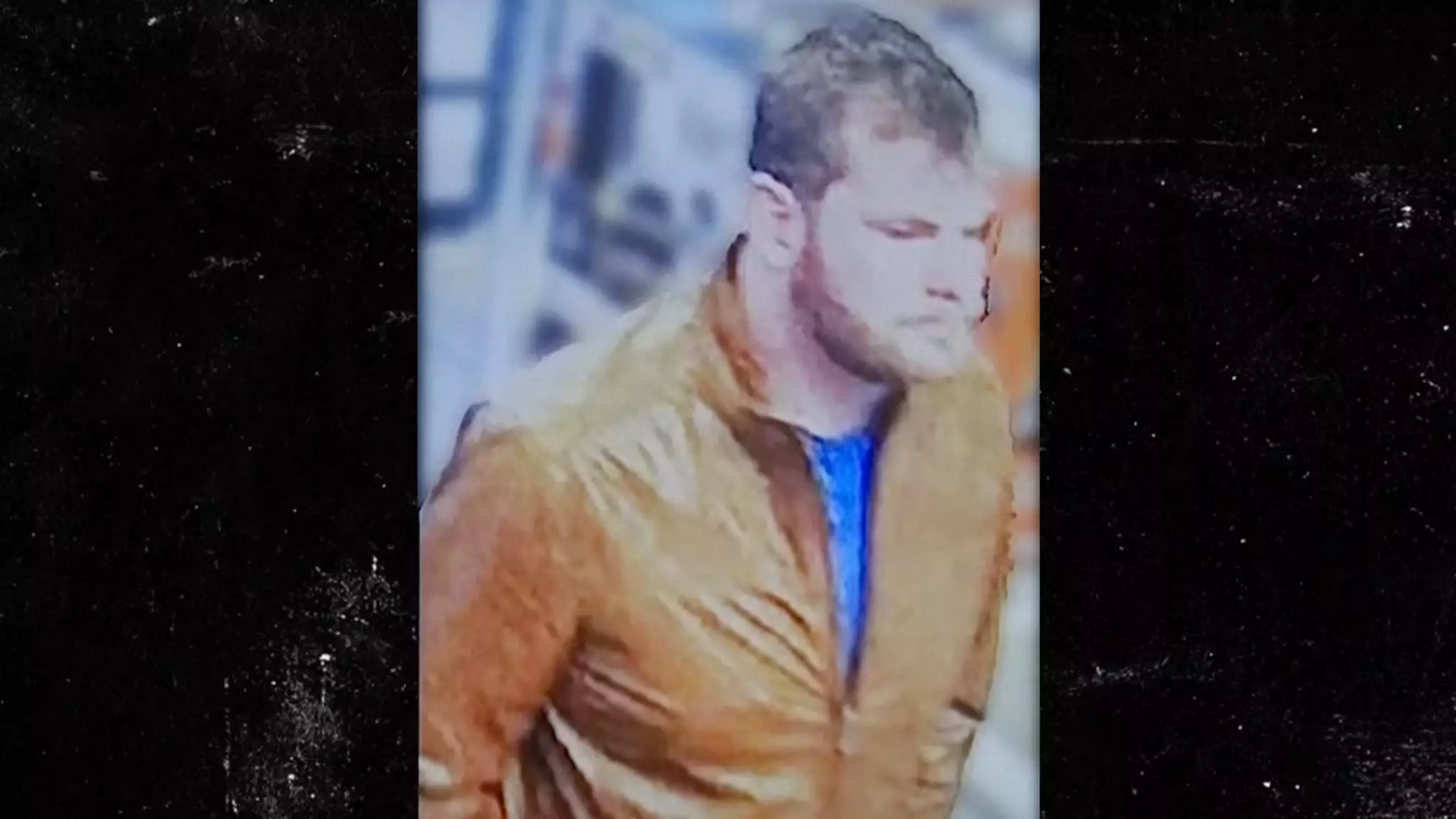The recent incident involving Matthew Livelsberger, a former Army Special Forces soldier who detonated his Tesla Cybertruck outside the Trump Hotel in Las Vegas, starkly illuminates the troubling intersection of mental health struggles and social commentary. Livelsberger, grappling with PTSD, stated that his act was intended as a wake-up call rather than a terrorist attack. His motives, as outlined in a newly released letter from the Clark County Nevada Sheriff’s Department, reveal the deep emotional turmoil that drove him to such extreme actions.
Livelsberger articulated a sense of desperation in his letter, claiming that “Americans only pay attention to spectacles and violence.” He believed that in a society obsessed with visually striking events, dramatic actions are necessary to catalyze awareness. This perspective raises significant questions about the societal factors that compel individuals to resort to extreme measures to provoke necessary discourse. Livelsberger’s claim that he needed to “cleanse” his mind of the “brothers” he lost in service underscores his profound psychological struggles. The juxtaposition of his actions against his fierce patriotism complicates the narrative; an individual who served his country now feels that violent displays are warranted to make a statement.
It is particularly intriguing that Livelsberger chose to use a Tesla—symbolic of innovation and modernity—as the vehicle for his radical act. His decision to juxtapose a vehicle associated with Elon Musk, a prominent capitalist figure, outside the Trump Hotel—a domain of political elitism—invites speculation. The irony doesn’t escape many observers; why employ a tool of technological advancement in a protest against perceived governmental incompetence? In a broader context, this choice may critique not only the figures in power but also the societal structures that endorse them.
In his writing, Livelsberger cautioned about the “weak and feckless leadership” guiding the nation. This sentiment resonates with a widening discontent among many Americans, frustrated by government officials who appear detached from the struggles of everyday citizens. His assertion that the country is “eternally ill” encapsulates a mindset brewing among a demographic that feels overlooked and marginalized. Livelsberger’s call to “wake up” can be seen as a reflection of the broader existential crises permeating contemporary society, wherein individuals are increasingly disillusioned with leadership that fails to address critical issues.
The haunting detail about Livelsberger’s attempt to end his own life before the explosion raises alarm about the mental health crises faced by veterans. It serves as a stark reminder of the unseen battles many service members endure post-combat, often in silence. His story is a reflection of the urgent need for systemic changes that adequately address the mental health care of veterans, aiming to prevent such tragic outcomes in the future. The public must grapple with the serious implications of ignoring these underlying issues, lest they lead to more desperate acts that demand urgent attention.
In analyzing the motivations behind Matthew Livelsberger’s actions, we unearth a complex narrative steeped in personal anguish and societal outrage. His tragic story compels a reevaluation of how society addresses both veteran mental health and the political landscape, pushing the conversation beyond mere spectacle to one demanding genuine empathy and action.

